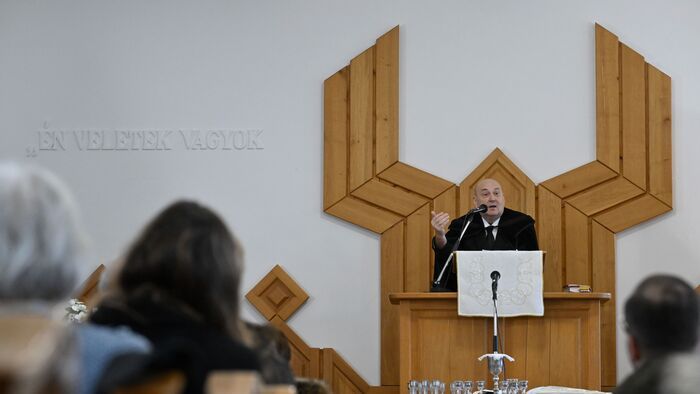The major successes of the Austro-Hungarian monarchy (1867-1918) and the tragic consequences of its fall can serve as an example for the multinational states of today: avoid the bad examples and follow the good. The two legislative centers, the Vienna Imperial Council and the Hungarian Parliament, ruled nearly twenty peoples of varying origins and languages. In political practice, joint action was limited to three areas: war, foreign affairs, and the related finances. Citizens in one of the largest states in Europe could travel freely from Lemberg to Trieste, Brasov, Innsbruck, Prague and Sarajevo.
The imperial court soon realized that the organic coexistence of the population could only last if the consciousness and spiritual experience of belonging to a common homeland had economic and political roots. Research in the fields of history and (folk) culture served to create an experience of community. The aim of the Austro-Hungarian Monarchy (which was published both in Hungarian and German) in writing and image (the Hungarian editor was Mór Jókai) was to: “unite two parties, neither of which wanted to loosen or tighten their common ties and whose prosperity rested on mutual agreement and common cooperation, based on the motto of their majesty: Viribus unitis!”
The characteristic self-restraint of the Habsburgs at the time was dictated by a sense of political realism. An unprecedented cultural boom began, a new era of literature entered the scene (Austrian, Czech, Hungarian, Italian) and the literature of peoples with low literacy rates rose to globally recognized levels. But the vital, spiritual strength of the Slavs who were pushed out of power –
including the strongest Czechs – was born of national resistance. A few months before the compromise, Czech historian and writer František Palacký, painted a gloomy image of the future of Austro-Hungarian rule, which the Slavic peoples were excluded from. The proclamation of the dual monarchy will be the “birth of pan-Slavism… in its least welcome form. We Slavs look forward to this with rightful pain, but without fear.”























Szóljon hozzá!
Jelenleg csak a hozzászólások egy kis részét látja. Hozzászóláshoz és a további kommentek megtekintéséhez lépjen be, vagy regisztráljon!